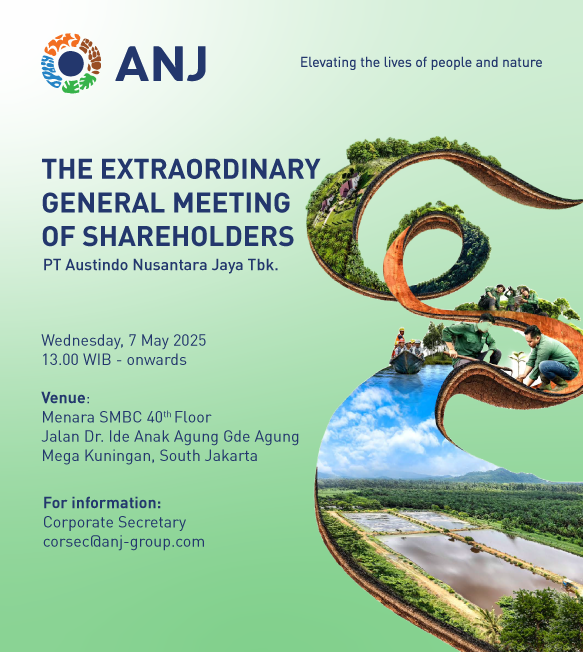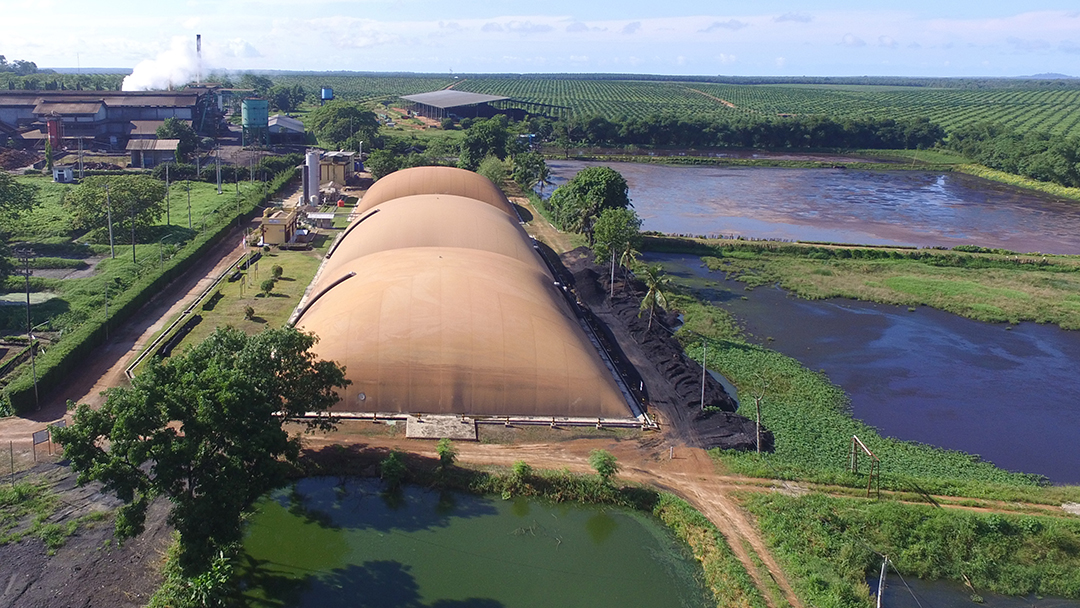



We are committed to reduction of fossil fuel usage and optimizing renewable energy sources. There is ample scientific evidence that fossil fuel is a major contributor to increase GHG emission that cause anthropogenic warming of the planet. The significant energy demand comes from the processing and the logistical transport involved for palm products.
Our renewable energy usage comes from our biowaste products for example palm shell and palm fiber from processing of our fresh fruit bunches. By 2021, about 41% of our energy is sourced from renewable energy, mostly biomass from palm shells and fibers. We also operate a renewable energy reactor as a methane capture project which produces 1.8 MW which is supplied to the local grids (Perusahaan Listrik Negara) in one of our concession units in Belitung Island.
We have set our targets to increase the renewable energy usage with planned biogas projects across all our palm oil mills for energy optimization. With these strategic initiatives, we aim to increase our renewable energy portfolio to above 60% and to reduce our fossil fuel dependence by 20% in the year 2025. The Board of Directors has tasked the Vice President Director for the adaptation and mitigation of these project initiatives.
We have introduced energy efficiency training to enhance awareness and encourage sustainable energy practices among employees in both managerial and non-managerial roles. Some staff members received Life Cycle Analysis (LCA) training to identify opportunities for reducing energy consumption at various stages of the life cycle, contributing to greater energy efficiency. Our mill managers and central workshop managers have also completed external Energy Manager training and are certified by BNSP as Energy Managers. This program equips participants with valuable knowledge and practical strategies to improve energy efficiency both at work and at home, fostering a culture of mindful energy use. Furthermore, targeted energy efficiency awareness sessions have been conducted for employees, particularly those in the mill and central workshop. These initiatives aim to create a sustainable workplace, lower operational expenses, and contribute to environmental conservation, underscoring our dedication to global environmental sustainability.
Additionally, we proactively implement other energy saving initiatives in our non-processing activities. This includes replacing fluorescent lamps with light-emitting diodes (LED) lights in all our mills and biogas facilities; utilizing teleconferences for meetings; utilizing solar cells for lighting in the estates; and replacing older air-conditioning units with newer energy-saving models.
In 2023, we established a rooftop solar panel system at GMIT, marking a significant step in ANJ’s commitment to promoting renewable energy use in our operations. The rooftop solar panels have an annual capacity of 356,948 kWh and, alongside demonstrating the value that ANJ places in investing in sustainability also sets an example to others within our industry.

(All statements and data are accurate as of 31 December 2023)